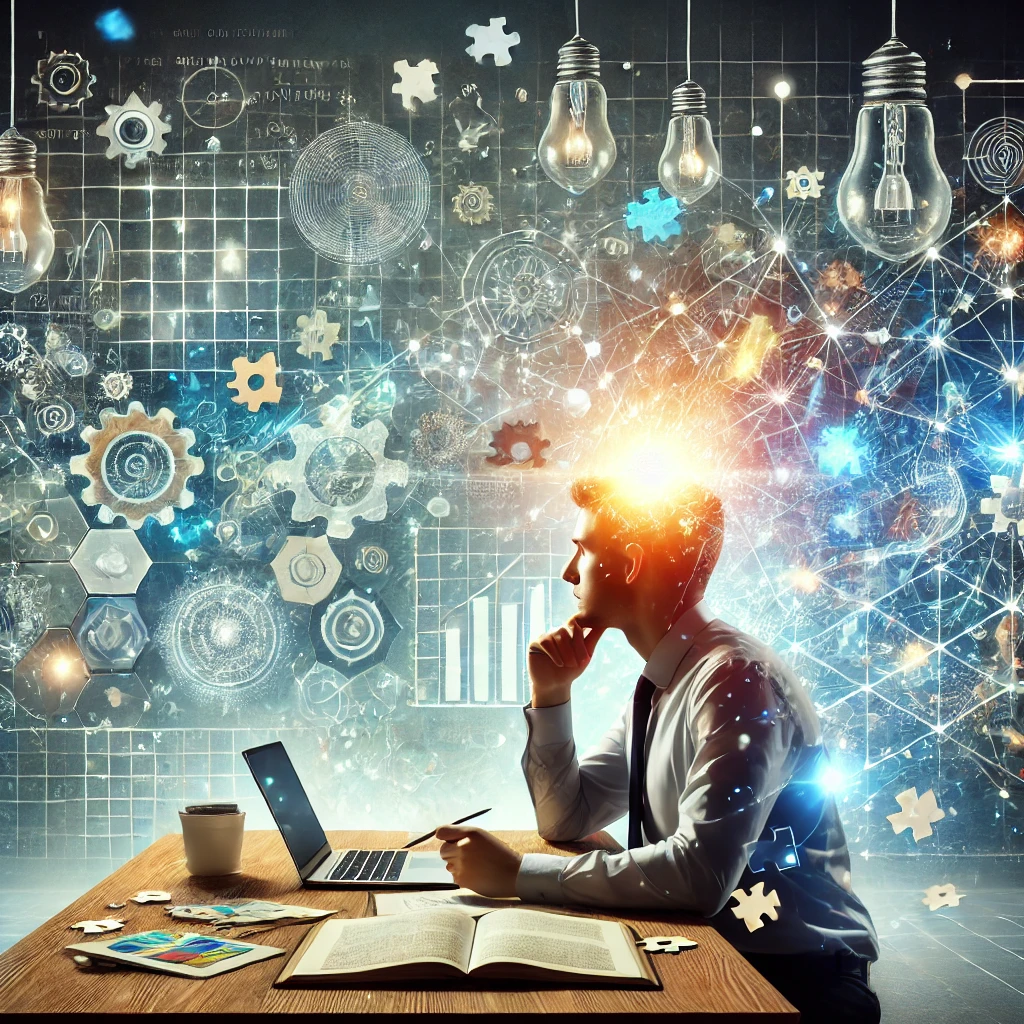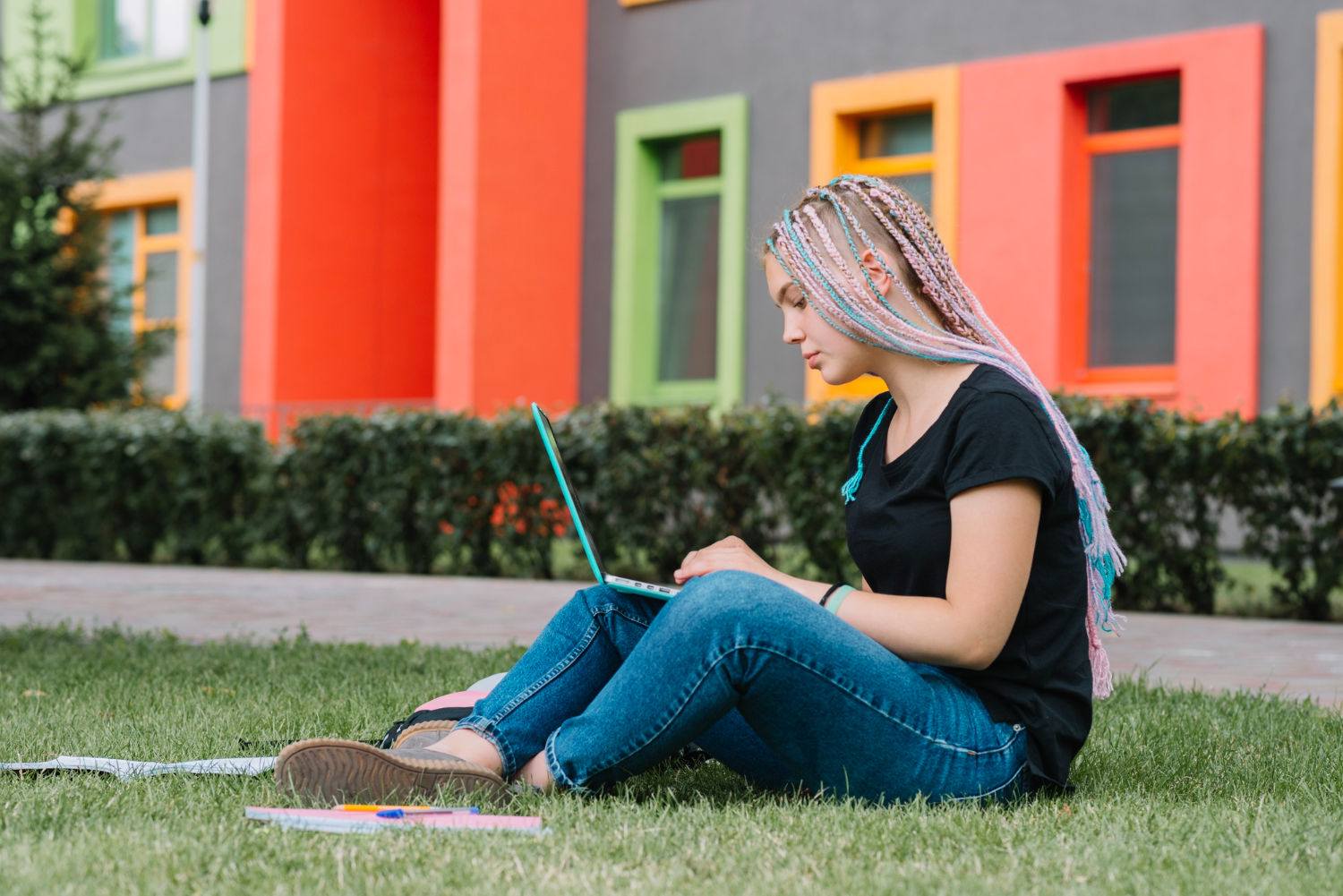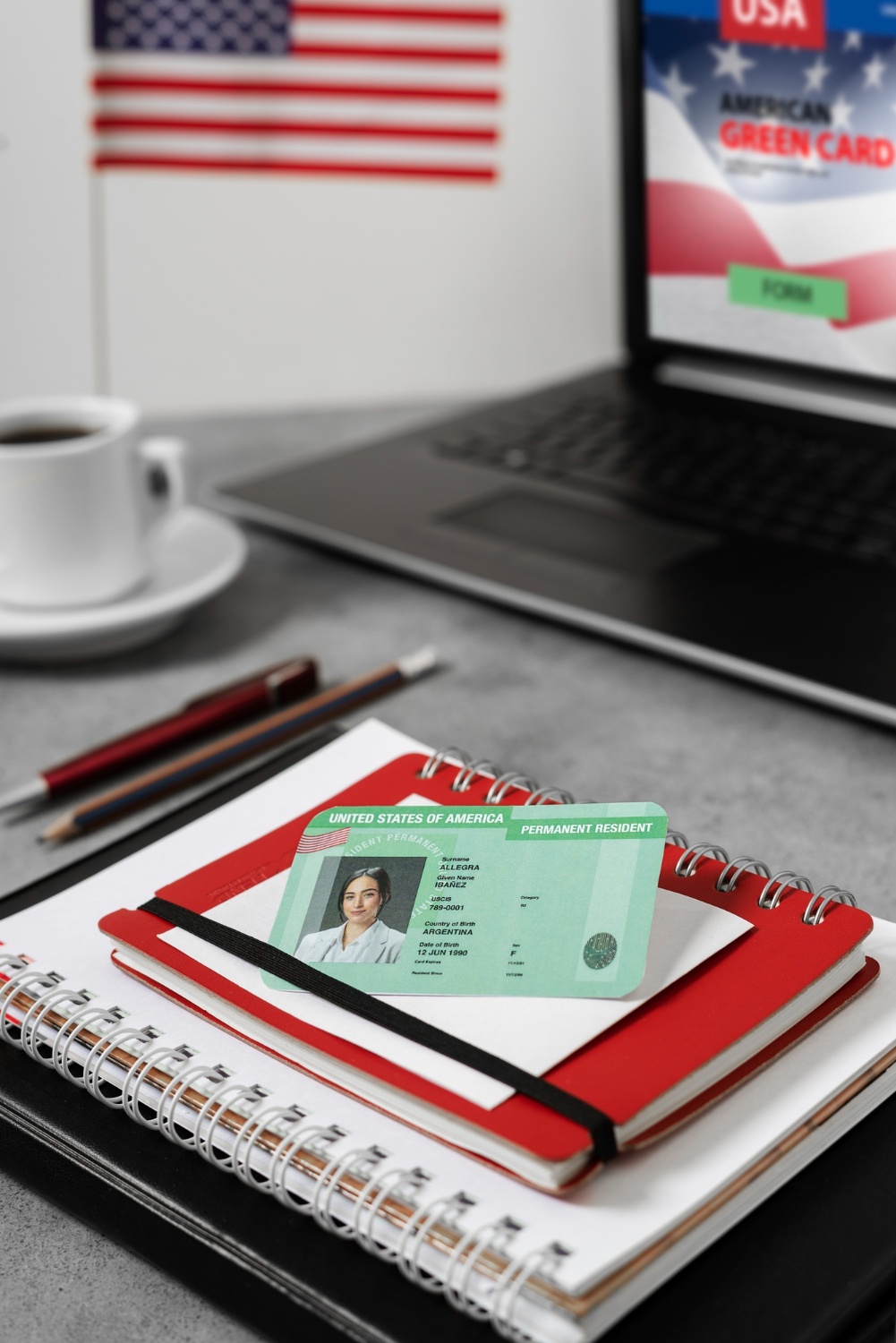In today’s fast-paced world, problem-solving is a highly valued skill. Whether it’s in your career, personal life, or academic pursuits, the ability to identify, analyze, and solve problems efficiently can set you apart. However, it’s not just about being able to think critically or logically; it’s also about using knowledge as a foundation to build better solutions. When we combine knowledge with creativity, intuition, and experience, we significantly enhance our problem-solving capabilities.
Developing your problem-solving skills is a lifelong journey. This article will explore the many ways in which knowledge serves as the cornerstone of effective problem-solving, and how you can use it to become more adaptable, innovative, and confident in tackling complex issues.
The Importance of Knowledge in Problem-Solving
Knowledge is a fundamental asset in problem-solving. It provides the framework through which we can interpret challenges, break them down into manageable components, and devise workable solutions. With sufficient knowledge, you are better equipped to understand the intricacies of a problem, draw on past experiences, and apply theoretical concepts that help in formulating solutions.
Without knowledge, solving even the simplest problems can feel overwhelming. On the other hand, when you understand a situation deeply, your ability to approach it with clarity and confidence increases exponentially. Knowledge helps us avoid pitfalls, recognize patterns, and ultimately find more effective solutions.
Building a Knowledge Base for Better Problem-Solving
The key to becoming a proficient problem-solver is to constantly expand your knowledge base. This can be done through formal education, self-directed learning, and practical experiences. Here’s how:
- Formal Education: Attending courses, seminars, and workshops can help you gain foundational knowledge in specific areas, such as mathematics, science, and logic, which are often crucial in problem-solving.
- Self-Learning: Reading books, watching documentaries, or exploring topics of interest on your own time enhances your understanding of various fields and broadens your perspective.
- Experiential Learning: Hands-on experience is a powerful teacher. By actively engaging in real-world problem-solving, you gain insights that cannot be learned in a classroom or from a book.
The more you know, the more equipped you are to tackle diverse and complex problems. Building a diverse knowledge base allows you to approach issues from multiple angles, giving you a distinct advantage in finding innovative solutions.
Critical Thinking and Its Role in Problem-Solving
Critical thinking is an intellectual process that involves analyzing and evaluating information in a disciplined manner. It’s an essential component of effective problem-solving, as it helps you sift through available information, distinguish between relevant and irrelevant data, and draw sound conclusions.
Critical thinking is closely tied to knowledge. When you possess a deep understanding of a subject, your ability to think critically about it improves. This is because you can recognize nuances, identify assumptions, and spot logical inconsistencies that others might miss.
Some key strategies to improve critical thinking include:
- Asking Probing Questions: Challenge assumptions and seek to understand the ‘why’ behind every problem.
- Considering Multiple Perspectives: Look at the issue from different angles to get a well-rounded view of potential solutions.
- Evaluating Evidence: Assess the strength of the evidence supporting different solutions before making decisions.
By refining your critical thinking skills, you enhance your ability to solve problems effectively using knowledge as your guide.
Creativity and Knowledge: A Powerful Combination
Creativity is often thought of as the opposite of knowledge-based problem-solving, but the two go hand-in-hand. While knowledge provides a foundation of facts, creativity allows you to use those facts in novel and imaginative ways. Together, they form a powerful problem-solving combination.
When you approach a problem creatively, you look for unconventional solutions that might not be immediately obvious. However, to do this effectively, you still need a solid grounding in the relevant knowledge. Creative problem-solving isn’t about throwing out the rulebook; it’s about understanding the rules well enough to know when and how to break them.
Some ways to improve creativity in problem-solving include:
- Mind Mapping: Use diagrams to explore all possible angles of a problem and connect seemingly unrelated ideas.
- Brainstorming Sessions: Allow for free-flowing ideas without judgment to foster creative thinking.
- Encouraging Divergent Thinking: Focus on generating multiple solutions to a single problem instead of just searching for the “right” one.
When you merge creativity with knowledge, you create a dynamic approach to problem-solving that is both grounded in reality and open to innovation.
Decision-Making and Knowledge: A Strategic Approach
Good decision-making is at the heart of effective problem-solving. Decisions are often based on available knowledge, but it’s how you use that knowledge that matters. Being informed allows you to weigh the pros and cons of different solutions, anticipate outcomes, and select the best course of action.
Knowledgeable decision-makers tend to be more strategic. They understand the implications of their choices and can foresee potential challenges, allowing them to make informed decisions even in high-pressure situations.
Some ways to enhance decision-making include:
- Using Data: Incorporate data-driven insights to inform your decisions and reduce uncertainty.
- Scenario Planning: Consider various possible outcomes and prepare contingency plans.
- Learning from Mistakes: Reflect on past decisions and the knowledge gained from them to improve future problem-solving efforts.
Incorporating knowledge into your decision-making process makes you a more effective problem-solver, as it allows you to approach problems systematically and with a clear understanding of the potential outcomes.
The Role of Continuous Learning in Problem-Solving
Problem-solving is not a static skill; it requires continuous learning and improvement. The world is constantly evolving, and the knowledge we possess today might not be sufficient for tomorrow’s challenges. To stay sharp, you must commit to lifelong learning.
Continuous learning involves seeking out new information, keeping up with advancements in your field, and being open to new perspectives. Whether you’re learning a new technology, exploring a different field, or simply updating your existing knowledge, this process keeps your problem-solving skills relevant and effective.
To foster continuous learning:
- Read Regularly: Books, articles, and research papers provide valuable insights and broaden your knowledge base.
- Attend Workshops or Webinars: Engage in professional development opportunities to keep your skills up-to-date.
- Engage in Networking: Learn from peers and professionals in different industries to gain diverse perspectives.
By continuously expanding your knowledge, you ensure that your problem-solving abilities remain sharp, adaptable, and forward-thinking.
Improving Emotional Intelligence for Better Problem-Solving
While knowledge and logic play significant roles in problem-solving, emotional intelligence (EI) cannot be overlooked. EI involves understanding and managing your emotions, as well as recognizing the emotions of others. In the context of problem-solving, high emotional intelligence allows you to navigate interpersonal challenges, stay calm under pressure, and make more empathetic decisions.
Some strategies to improve emotional intelligence in problem-solving include:
- Self-Awareness: Understand your emotional triggers and how they affect your decision-making process.
- Empathy: Try to see problems from the perspectives of others, which can lead to more harmonious and collaborative solutions.
- Stress Management: Learn techniques to manage stress effectively, as high-stress levels can cloud judgment and hinder problem-solving efforts.
By integrating emotional intelligence with knowledge, you can approach problems in a more balanced and holistic manner, taking into account both logical solutions and human factors.
You Can Also Read : How to Use Online Resources to Expand Your Knowledge
Using Collaboration to Enhance Problem-Solving
No one solves every problem alone. Collaboration often leads to more effective problem-solving, as it brings together diverse perspectives, experiences, and areas of expertise. When multiple minds work together, knowledge is pooled, and solutions can be generated more efficiently.
Effective collaboration in problem-solving requires:
- Open Communication: Share knowledge openly and encourage others to do the same.
- Active Listening: Pay attention to the input of others and consider their ideas carefully.
- Respecting Expertise: Acknowledge the unique knowledge that each team member brings to the table.
By working together and leveraging the collective knowledge of a group, you can tackle complex problems with greater ease and creativity.




